Nestled between the sci-fi skyscrapers of downtown and luxury marina beaches, Dubai has a side few tourists or outsiders get to see. Forget the glamour and explore the industrial warehouses of al Quoz and the unassuming streets of al Barsha, coated in a layer of desert dust.
You would be justified in assuming the al Barsha Holiday Inn, awkwardly situated adjacent to the eighteen-lane Sheikh Zayed Road, must be a low point. But if you find yourself in its gaudy lobby on the odd Saturday night, you might be surprised to see punk ravers and goth girls draped in chains suddenly streaming toward the elevators at the back.
Follow them down to the lower levels and you’ll find the Q Underground, one of the venues at the vanguard of Dubai’s boundary-pushing alternative music scene. Its popularity is thanks to the music collective known as Secta, a group at the heart of a movement that’s reshaping the city’s cultural landscape and art scene.
Dubai’s transformation from an impoverished strip of coastal desert to a global tourism hub hosting 17 million visitors a year is already astonishing. Yet while the tourists flock to over-the-top clubs for selfies and Champagne, most locals would rather go anywhere else.
The population was once only more insular Emiratis and passing tourists, but the UAE’s embrace of immigration and it’s frontier sense of opportunity means that international residents now outnumber Emirati natives by seven to one. The children of the first wave of expats have come of age, and together with young Emiratis and immigrants alike these new generations are bringing in a raw and untapped energy.
“Our families came from all around the world, but for us, the UAE is home — and now we’re creating an independent music scene of our own. One that we never had while growing up,” says Ilinca Chiriac, a Romanian-born Dubai resident and founder of Alt. Records, the UAE’s first label dedicated to alternative and rock music.
Dubai still has a rule that only registered hotels can have bars with alcohol, but this has only made the students and young creatives more resourceful. “When I turned fifteen there started a blessed age of teenagers somehow finding a warehouse or garage for a shoegaze set,” says David Joshua, lead singer of the PeachPuffs — the first band signed to Alt. Records. “People see the opportunity and are picking up their instruments. It’s a concoction of sonic energy.”
Locals are tired of cover bands and tragic DJs, and there’s growing appetite for original content centered on values and the artists who perform it.
As the city opens up, ironically some of the shabbiest hotels with their hidden bars have become cherished enclaves for experimental new techno, metal, jazz fusion and more. The basement of a Holiday Inn never sounded so good.
Another favorite old haunt of locals is Casa Latina, which requires a fittingly inelegant walk across a patch of desert to the back of the Ibis Hotel. The Casa was a failed Latin bar that was packed up for storage until a local sound technician, known only by his pseudonym Brown Panda, gained permission to haul in his giant bass speakers for aptly named parties like BadHouse and Bassmati. The kitsch Mexican décor was swept aside for bare black walls and sound curtains.
Into this sandbox of dilapidated venues stepped Secta, whose members recognized the authorities might not quite be ready for a full-on rave club, but began to throw techno parties once a month, often moving to different locales and only announcing them through Instagram or word of mouth. Their gigs have all the intensity, quality and drama of Berlin’s, without the hour-long lines and racist bouncers.
This started a model now adopted by much of Dubai’s cutting-edge music scene, with other collectives emerging, including Dancework, Slice Slice Slice and more who would rather not be named. My personal favorite is Moist Paper Party, who have a knack for persuading the lowest-grade hotels in the Deira district to empty out their swimming pools. Brown Panda duly lowers his sound system into the empty pool and a techno-metal rave ensues.
“The new generations want to hear something new and can’t afford the tourist beach clubs anyway. The way we do it is very DIY, using the bare minimum [of props and equipment] and very community-based. No one really makes any money but we make sure the parties survive,” says Panda.
The parties are about more than just the music: they are quickly becoming a safe setting for some of the most expressive art and music in the region. “These are places where you can fully be yourself and people will welcome you for it,” says Hamza, a local Iraqi motorbiker. “They’re the only parties in Dubai that are about people having a good time instead of making a profit. It’s all about the experience, about culture actually.”
Dubai is too hot for skateboarding parks, but here the misfits have techno, metal, alt rock — and they have Secta.
Like the scenes that always surround much of the world’s best music, there can be a political edge to this scene as well. Many who now call Dubai home are children of the Arab Spring; the entire region is surrounded by war. Hamza himself organizes industrial hard techno raves under the name Coven, which often feature female Arab DJs and are entirely nonprofit — “Every dirham we make goes to our brothers being massacred in Lebanon.”
Societal change here may not be visible in marches and protests, but it’s equally dynamic and the young goths, ravers and rockers of Dubai are at the forefront of a regional current — a new wave, even. So next time you check into a flashy Dubai hotel, be aware that down below you somewhere lies a hotbed of groundbreaking new music… even if the locals probably hope you won’t find it.
This article was originally published in The Spectator’s March 2025 World edition.



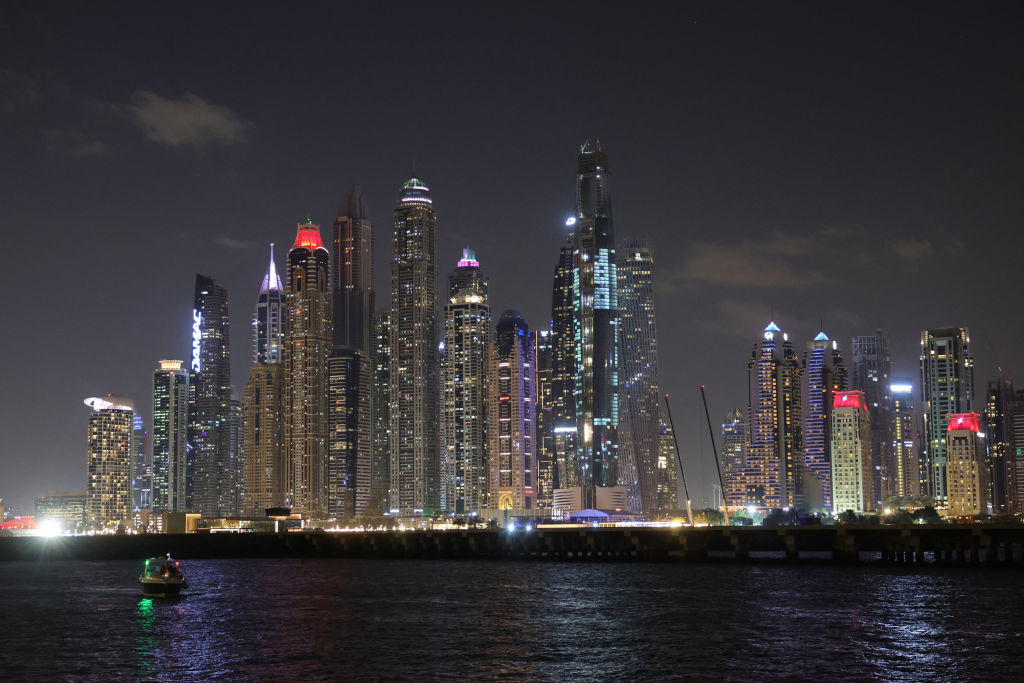








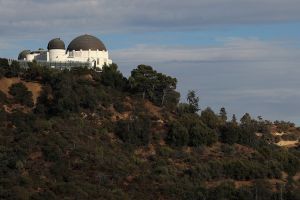
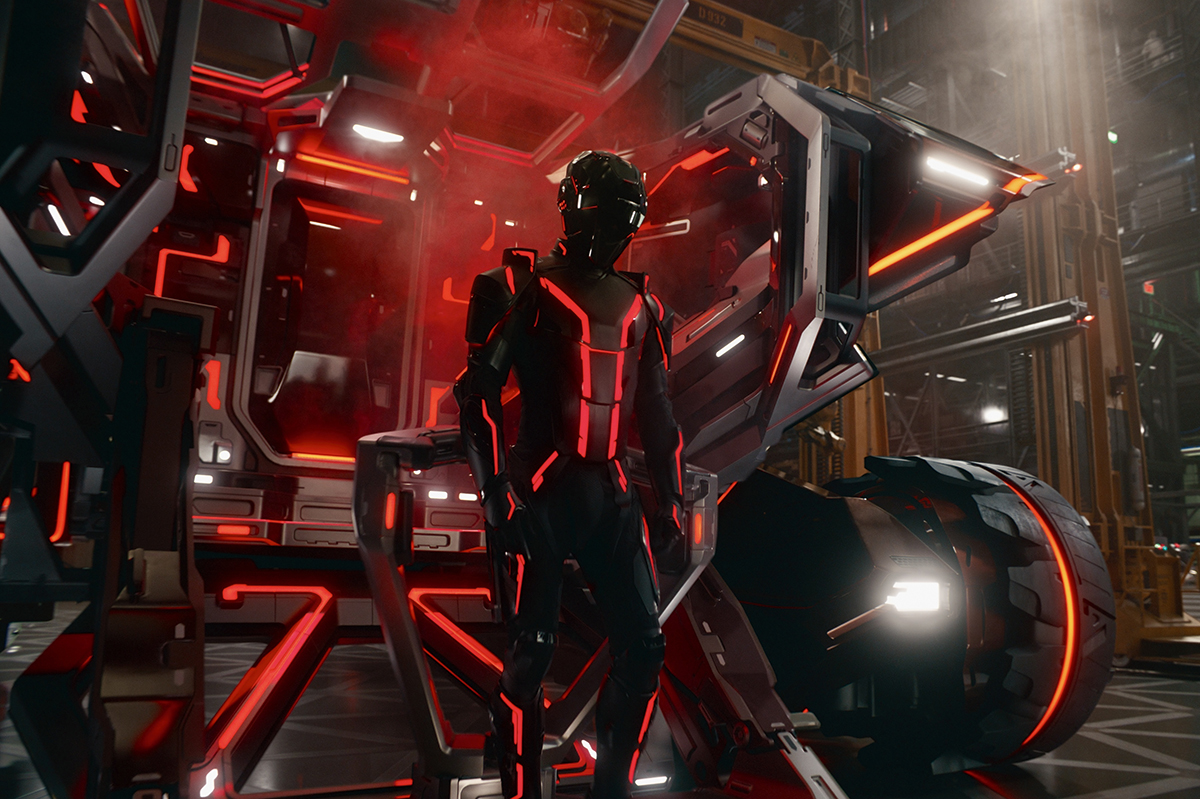
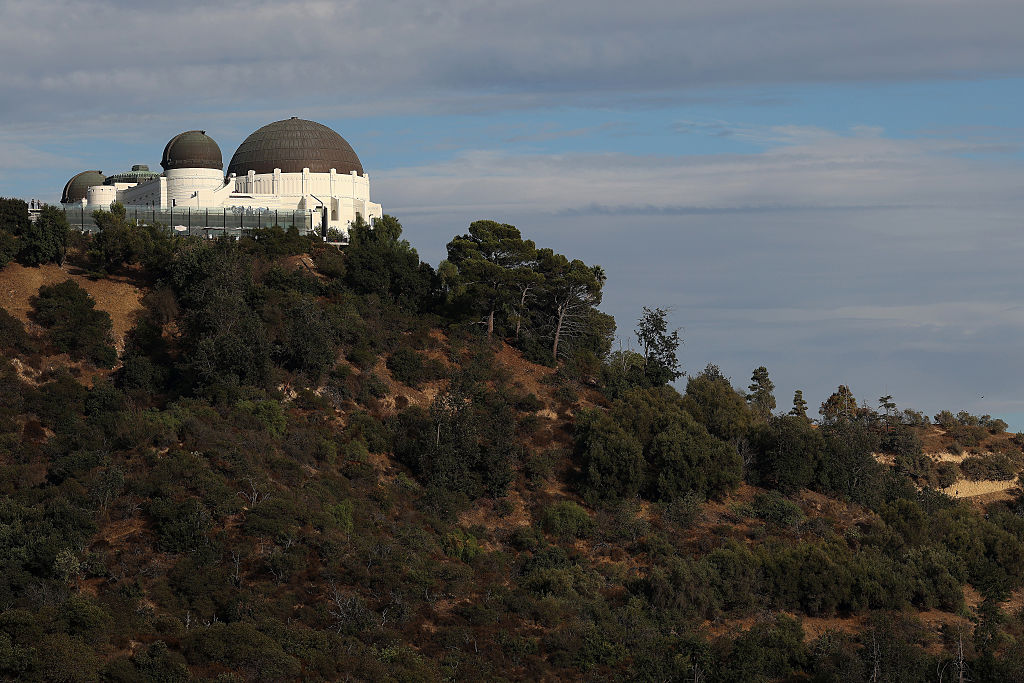
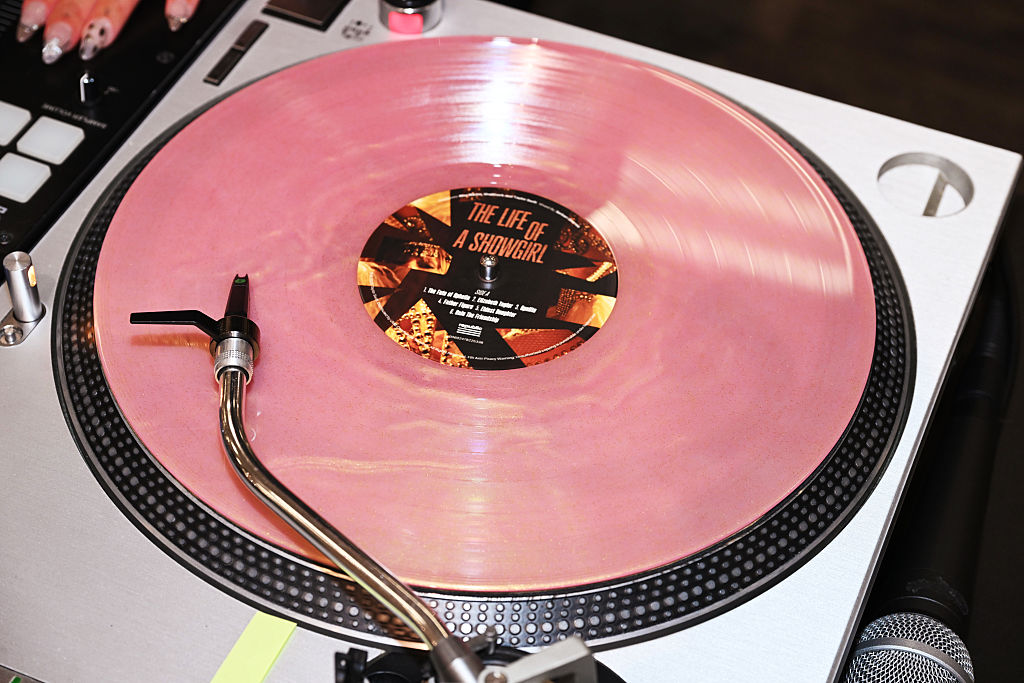
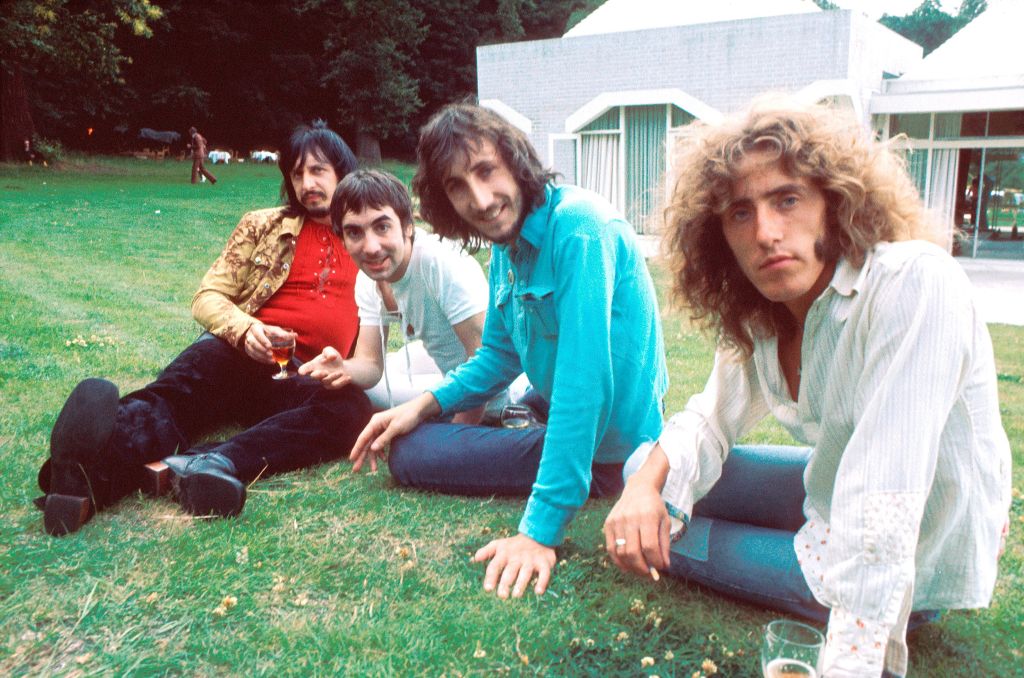
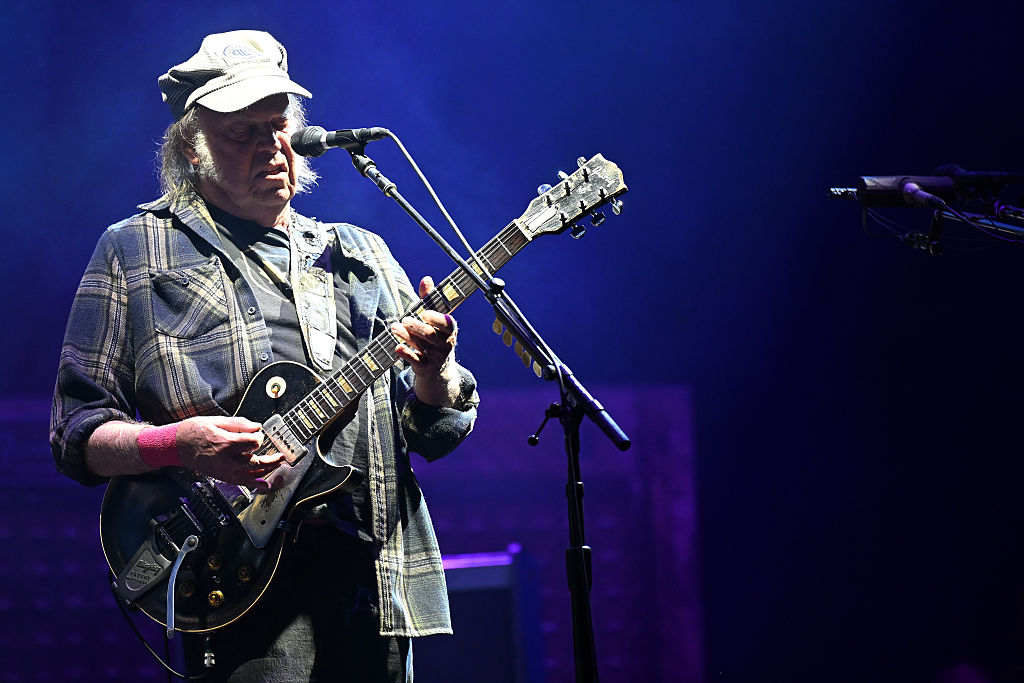








Leave a Reply